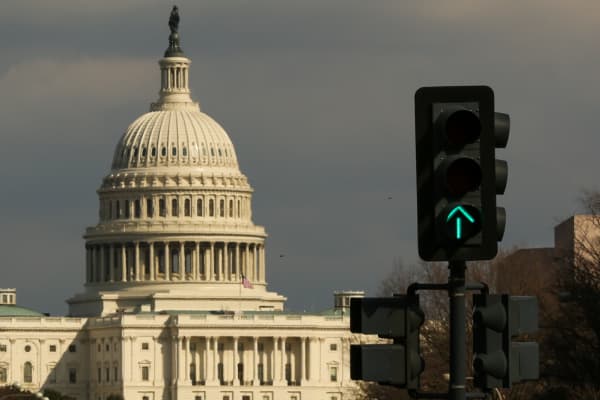It's being billed as one of the most consequential midterm elections in decades, with a wave of Democrats hoping to capitalize on widespread voter dissatisfaction to oust their GOP opponents and win control of Congress.
They have their work cut out for them.
Thirty-five senators and all 435 House members face the prospect of losing their jobs in November. But political analysts tracking the races say that only a relatively small number of races — fewer than 50 House seats and just a handful of Senate races — are truly competitive.
A look at past election cycles helps explain why. Since 1964, voters have sent their incumbent House representative back to Washington 93 percent of the time. Senators enjoy only slightly less job security — 82 percent.



